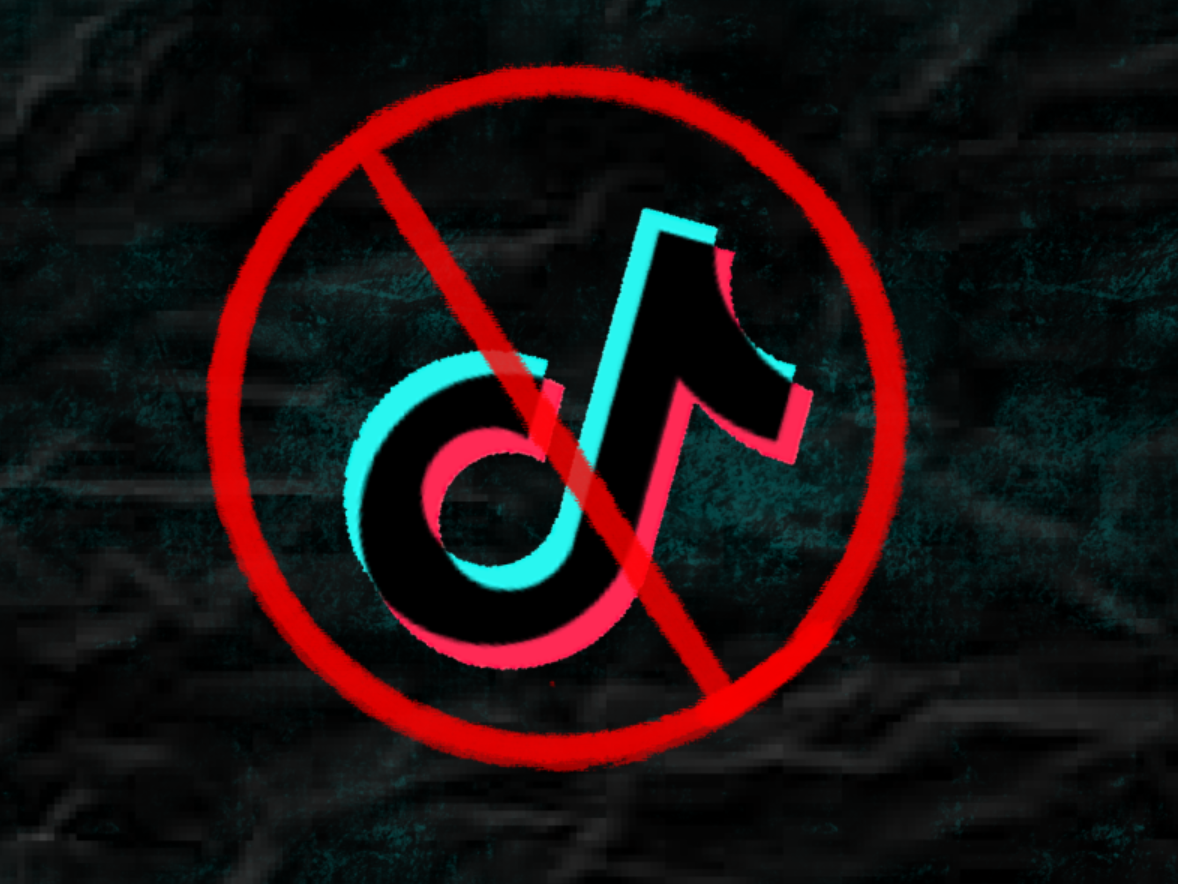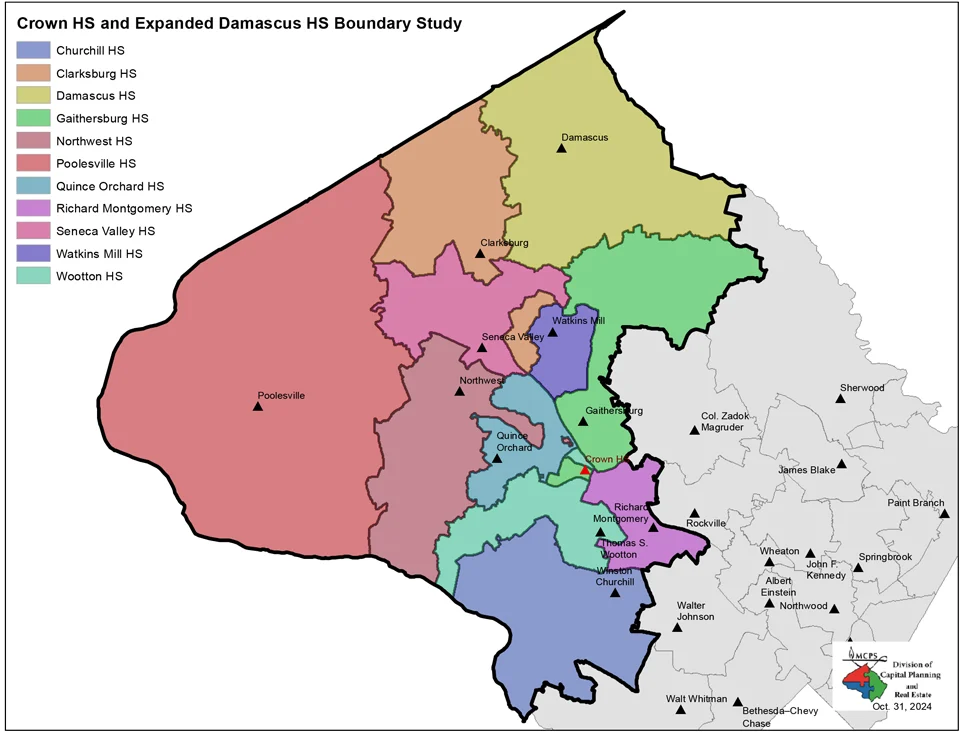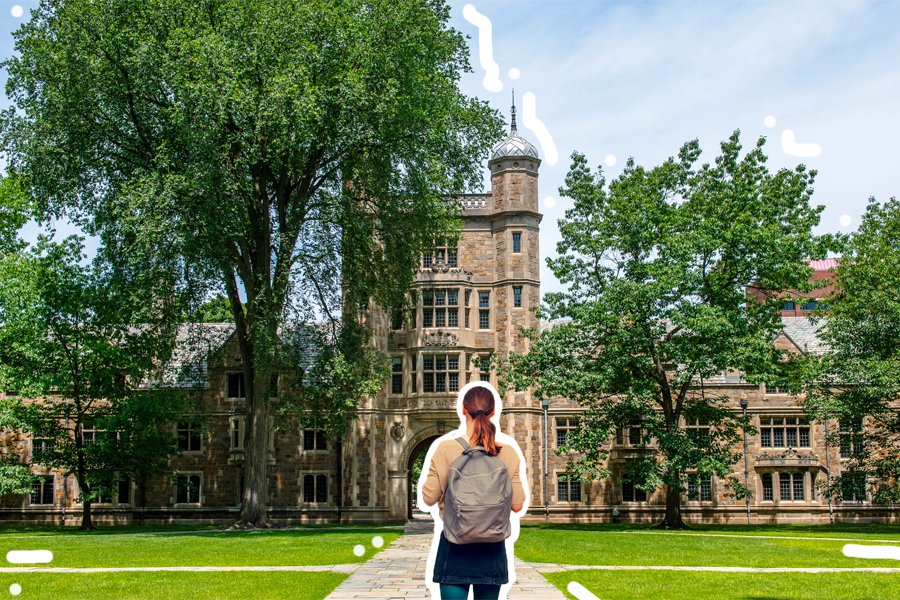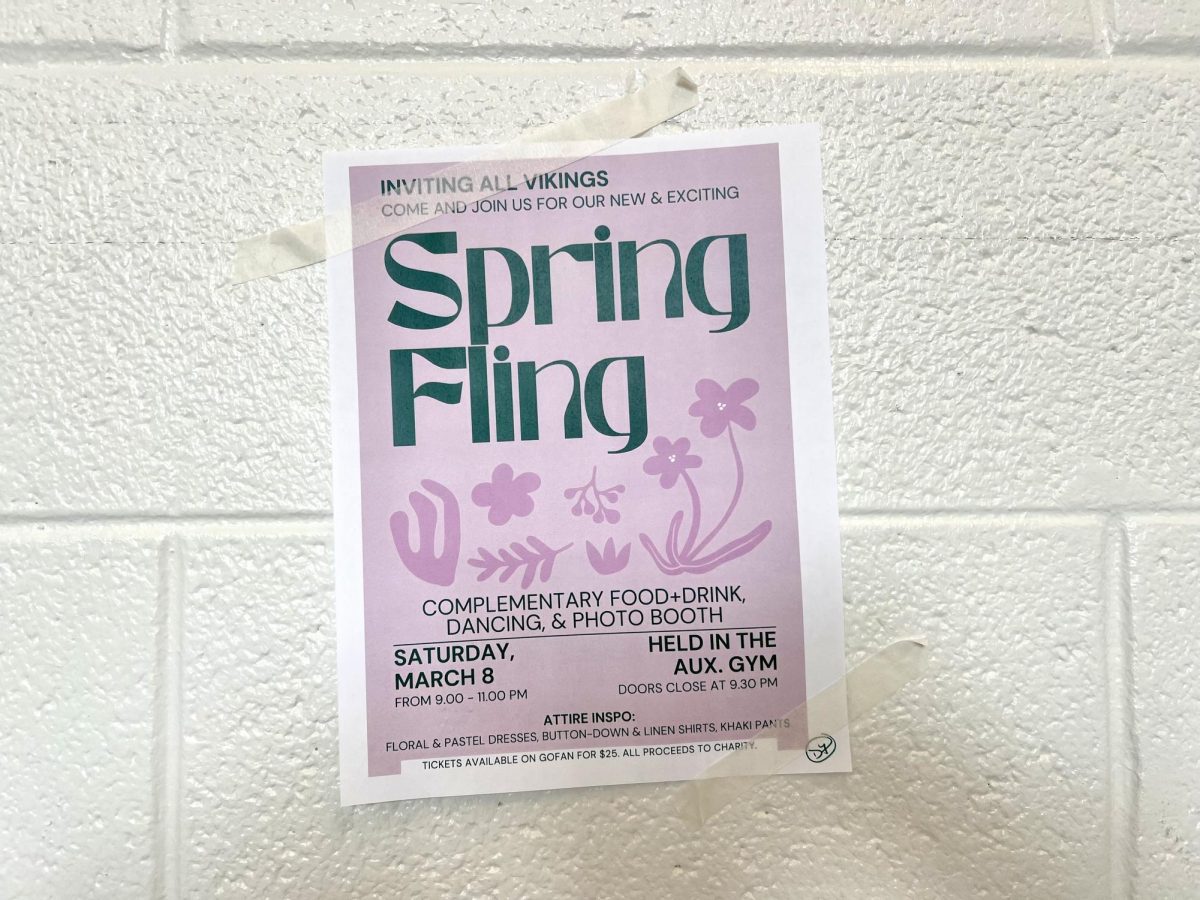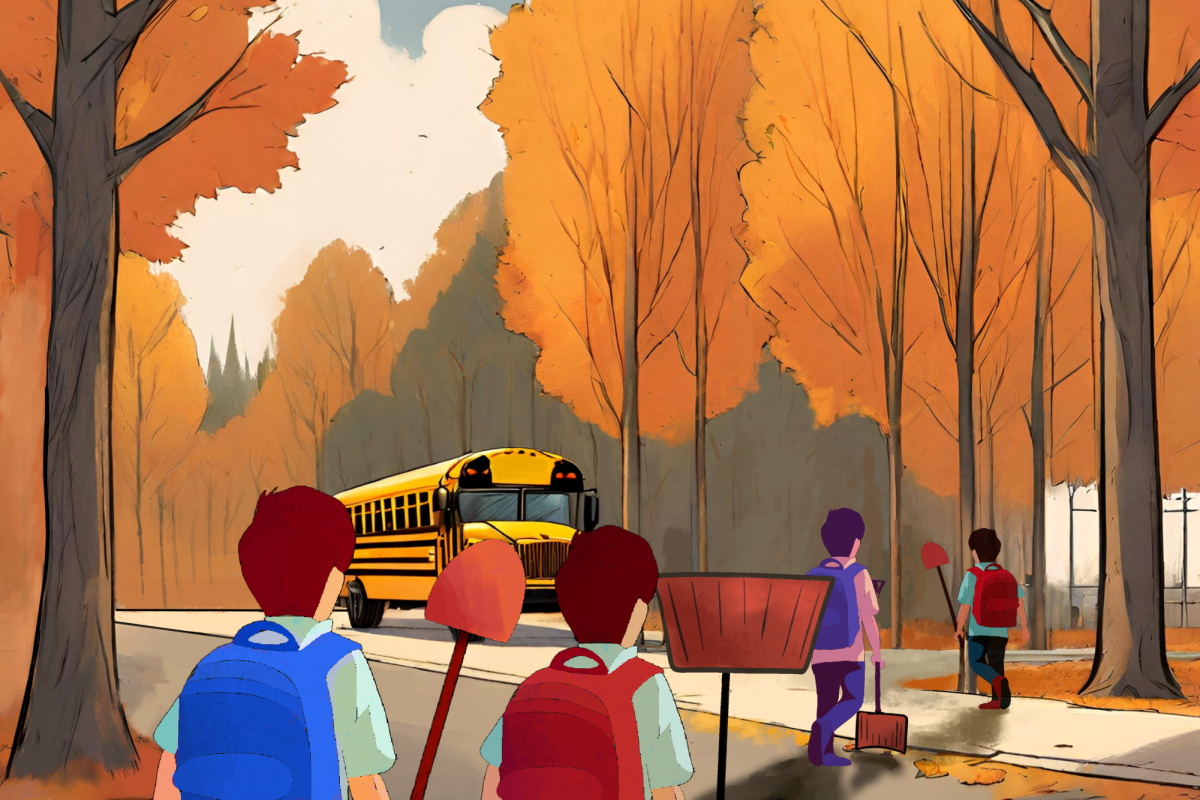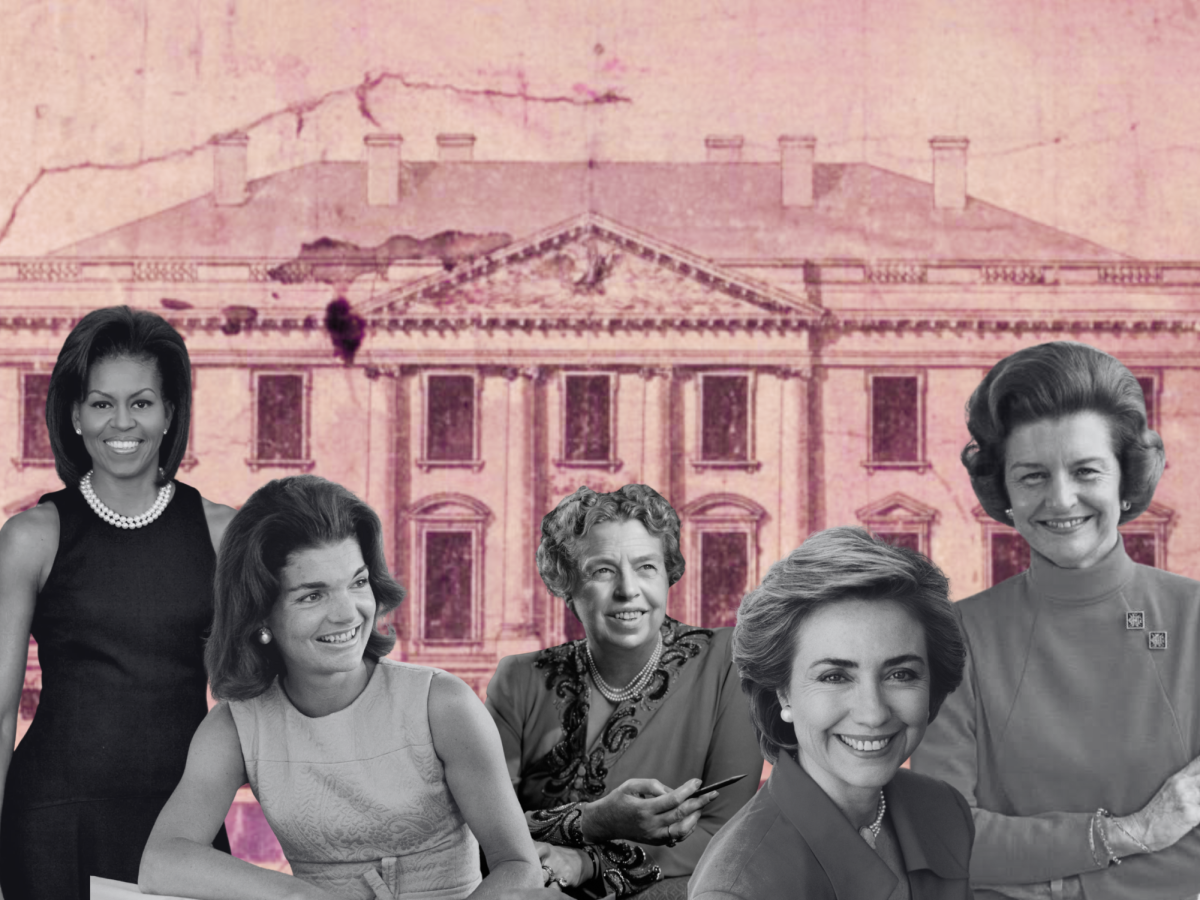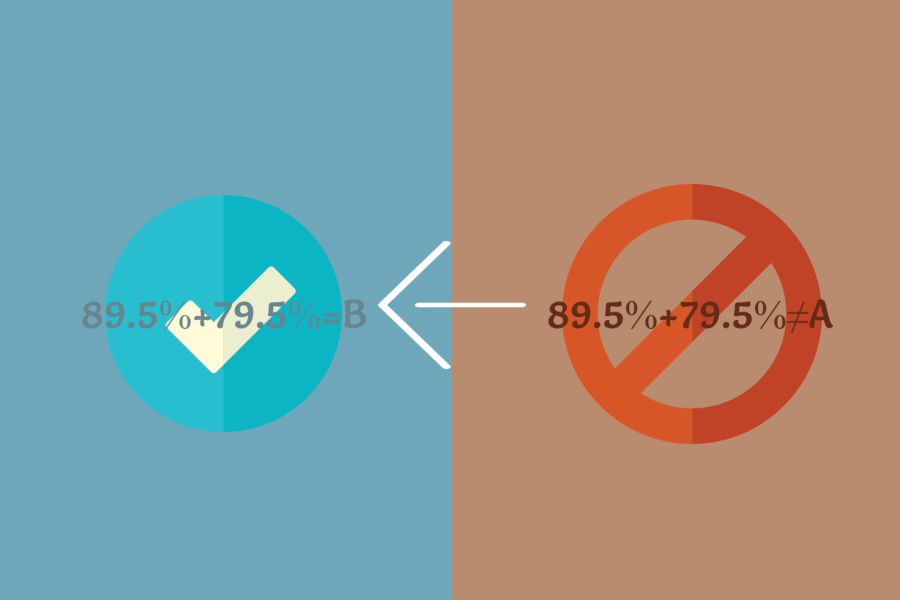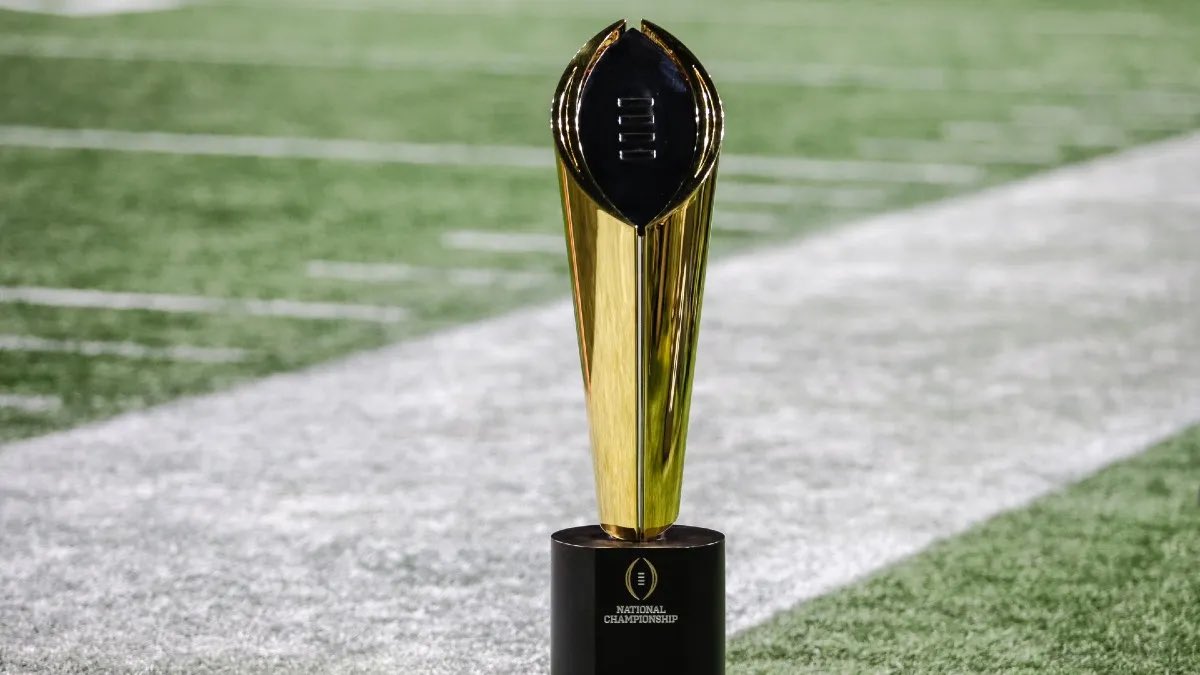Congress approved the Protecting Americans from the Adversary Controlled Applications Act, April 23. The act gave TikTok’s Beijing-based parent company, ByteDance, an ultimatum to determine the future of the app amidst perceived security threats. The bill gives ByteDance two options: to sell TikTok to a company approved by Congress within nine months or be banned in the United States. President Joe Biden signed the bill into law April 24, starting the nine-month timeframe before TikTok’s possible ban from the United States.
Zhang Yiming and Liang Rubo founded ByteDance in 2012 and in September 2016 they created TikTok, a social media app based on short-form content. In November 2017, ByteDance obtained Musical.ly, a creative music and video platform, and merged the two apps.
Today, TikTok has roughly one billion users worldwide and over 4.1 billion downloads. In the U.S., TikTok users increased by 1239.39% from 2018 to 2023. Approximately 150 million TikTok users are from the U.S., making up most of the app’s consumers.
Propositions for the ban began when the United States government raised concerns that the Chinese government could access TikTok users’ private information, including location information. The Chinese government can obtain user’s personal data due to Chinese laws like the National Intelligence Law, which allows the government to order personal data from Chinese companies, including ByteDance, for government surveillance operations.
In August 2020, Trump issued an executive order banning American companies and individuals from performing transactions with ByteDance, — an extension of his May 2019 previous Executive Order 13873 on Securing the Information and Communications Technology and Services Supply Chain, in which the White House sought to protect Americans from the nonconsensual data collection and aggregation. In explaining the new executive order, Trump expressed concerns regarding the security and privacy risks of China-based companies, specifically Bytedance. Days later, Trump issued a second executive order, pressuring ByteDance to sell U.S. TikTok assets to another company within 90 days. However, soon before the ban was set to go into effect, a federal judge blocked it, arguing that Trump was overreaching his executive power.
The concerns about TikTok and data collection, however, never fully subsided Later in June 2021, a few months after taking office, President Joe Biden issued an executive order, replacing Trump’s attempted TikTok ban order and embarking on a new campaign for support. In this order, Biden also elaborated on Executive Order 13873, discussing foreign adversaries’ acquisition of U.S. citizens’ information through software. He altered the approach and changed Trump’s order by allowing TikTok to continue its operations in the U.S., citing its positive economic effects. However, he implemented strong oversight and tactics to monitor and analyze the software to prevent potential security issues. Further into his term on Dec. 29, 2022, citing continued concern, Biden elevated his response and passed the No TikTok on Government Devices Act, restraining the use and download of TikTok on government-issued devices.
In March 2023, due to continuing concerns, policymakers questioned TikTok’s Chief Executive Shou Zi Chew for five hours about the safety and security of TikTok. Chew advocated for Project Texas, a $1.5 billion plan to regain America’s trust in TikTok. This initiative established The TikTok Data Security Committee, a U.S. committee within ByteDance, to ensure the safety of TikTok. This project began the relocation of U.S. data to U.S. servers to prevent Chinese access to the data but has not made significant changes to end the U.S. government‘s worries.
In April 2024, Biden’s most recent act, Protecting Americans from the Adversary Controlled Applications Act, gave TikTok a nine-month selling period. If the company failed to find a buyer within the time frame, it would lead to a nationwide ban. The earliest TikTok could be banned would be in January 2025, if the app fails to sell to a U.S. company before then. If the ban does occur, Tiktok would be unavailable in the U.S. two years after the ban and would no longer be on Apple and Google’s app stores, preventing users from downloading it.
On May 7, 2024, TikTok and Bytedance sued the federal government for the potential ban, arguing the bill infringed on First Amendment free speech rights by eliminating an app that millions of Americans use to post their opinions. TikTok also argued that selling the app in nine months was unlikely due to the difficulty of transferring the app’s codes.
Roughly 50% of Americans support the TikTok ban, 32% disagree with it and the remaining 18% are undecided on the topic, according to a Reuters poll. Opponents of the ban believe the app has a positive effect on society. They argue that losing it would result in the loss of valuable creativity, humor and educational content. Sophomore Alia Adra is an avid TikTok user, spending hours daily on the app.
“It helps me destress and wind down at night after school when I need a break,” Adra said. “I think that TikTok is a form of online expression that needs to be protected.”
Critics also argue that policymakers don’t have enough evidence to prove the Chinese government is using the app’s data to threaten U.S. user’s privacy. English teacher Alisa Chin believes the ban could lead to issues of government restriction.
“I think it opens up a lot of conversations about censorship,” Chin said. “What is the government able to censor? What is it not?”
The ban in the U.S. will not be the first if it goes into effect. Several countries around the globe have already prohibited TikTok on government devices due to similar national security concerns. India is currently one of the few countries that has completely banned TikTok across its territory due to military conflict with China, accusations of stolen user data and alleged privacy violations by the Chinese government.
Supporters of the ban believe the app has negative effects on mental health. They argue the app potentially contributes to negative body image and the rise of eating disorders. Scientists also believe the app can be addictive due to its highly personalized algorithm and engaging format.
Dr. Damira Vulas, an adolescent psychiatrist, believes TikTok has both positive and negative aspects.
“When it comes to mental health, I believe that all social media should be approached carefully and consumed responsibly,” Vulas said. “I would advise an appropriate level of parental supervision, teaching your children and teenagers to set healthy boundaries and how to recognize potentially dangerous individuals with harmful content.”



